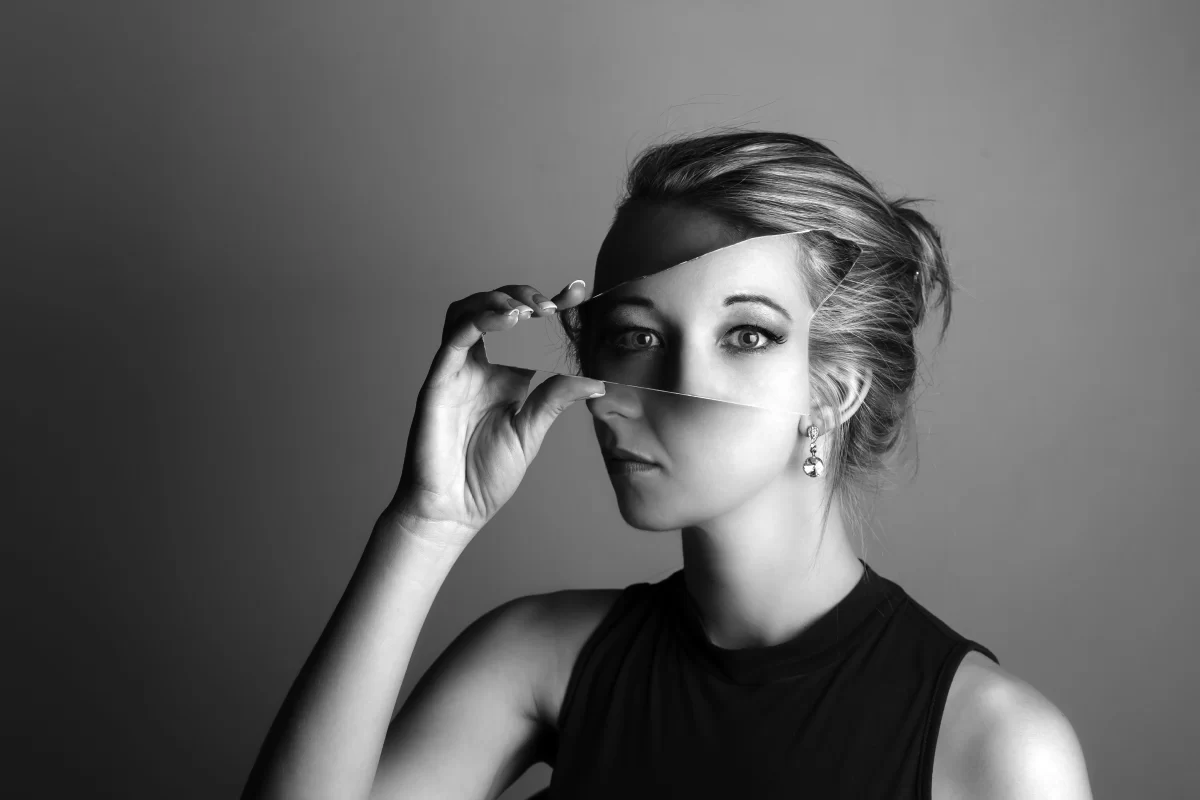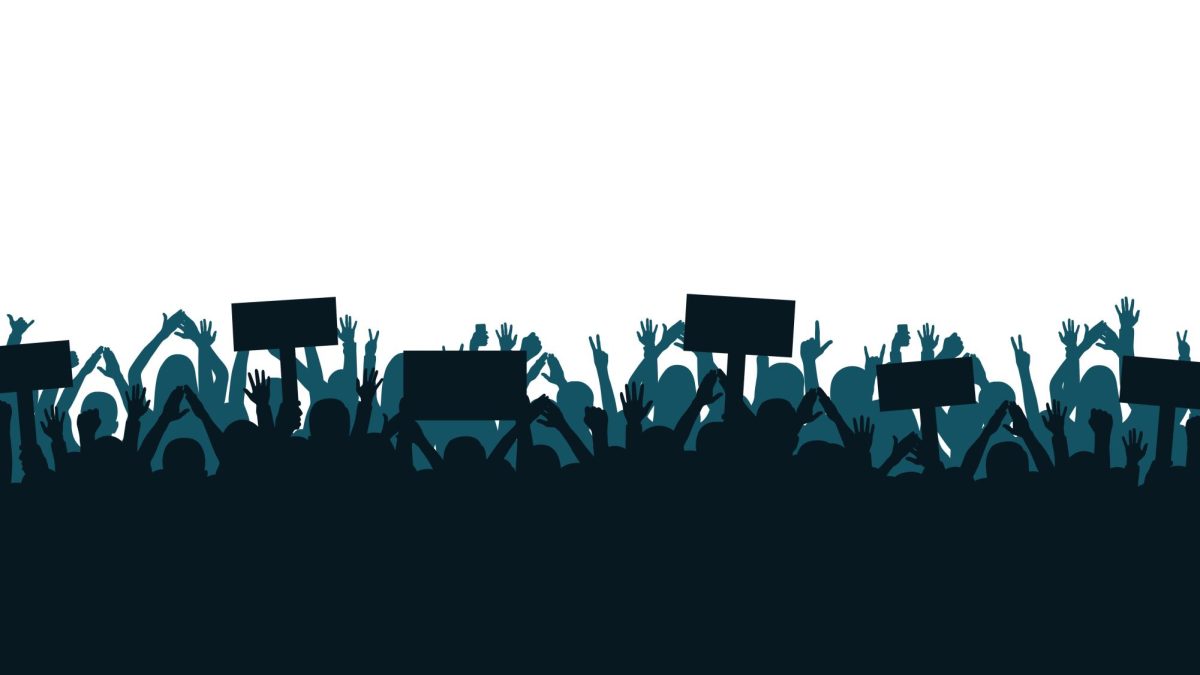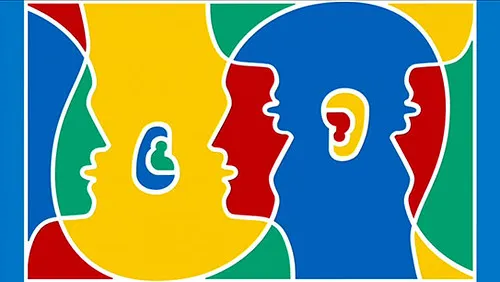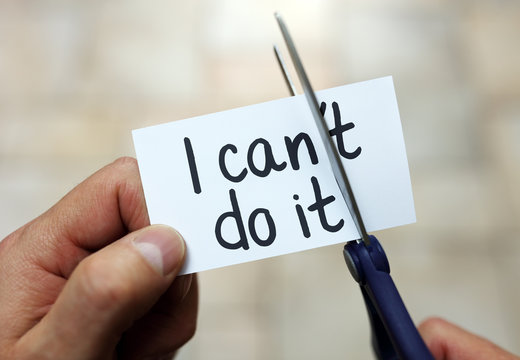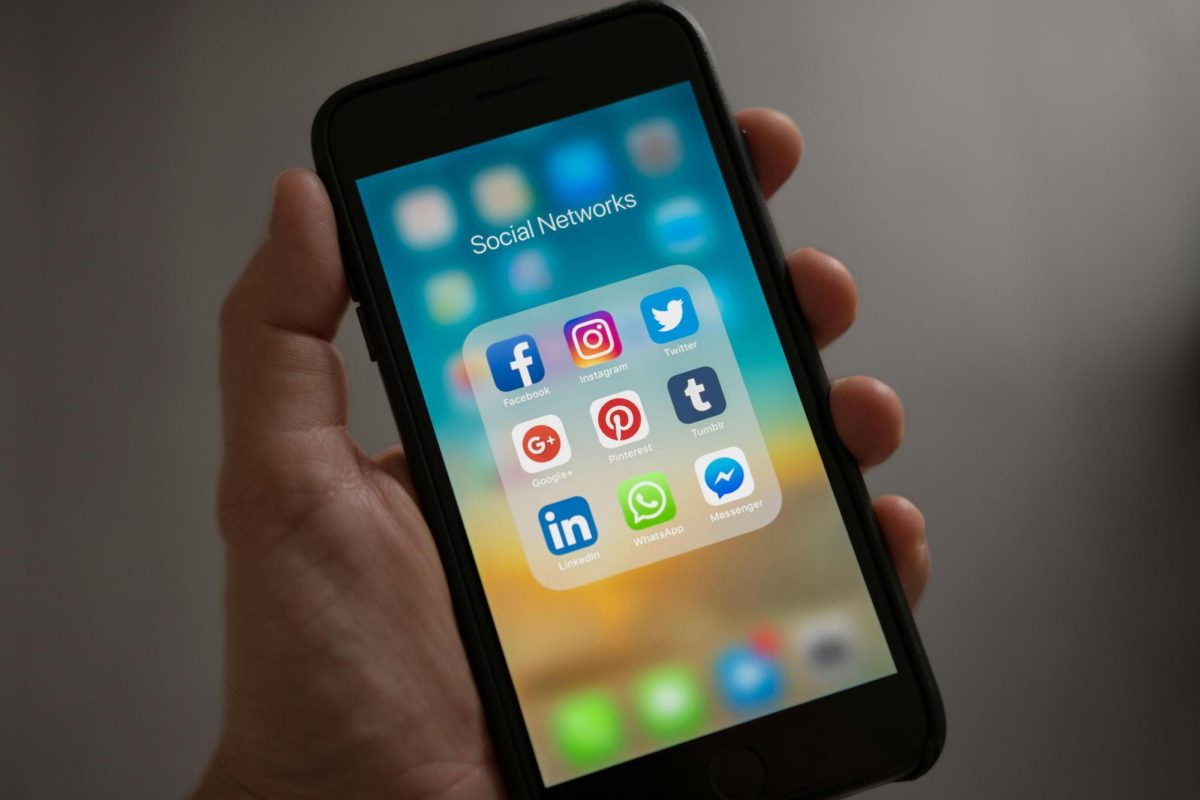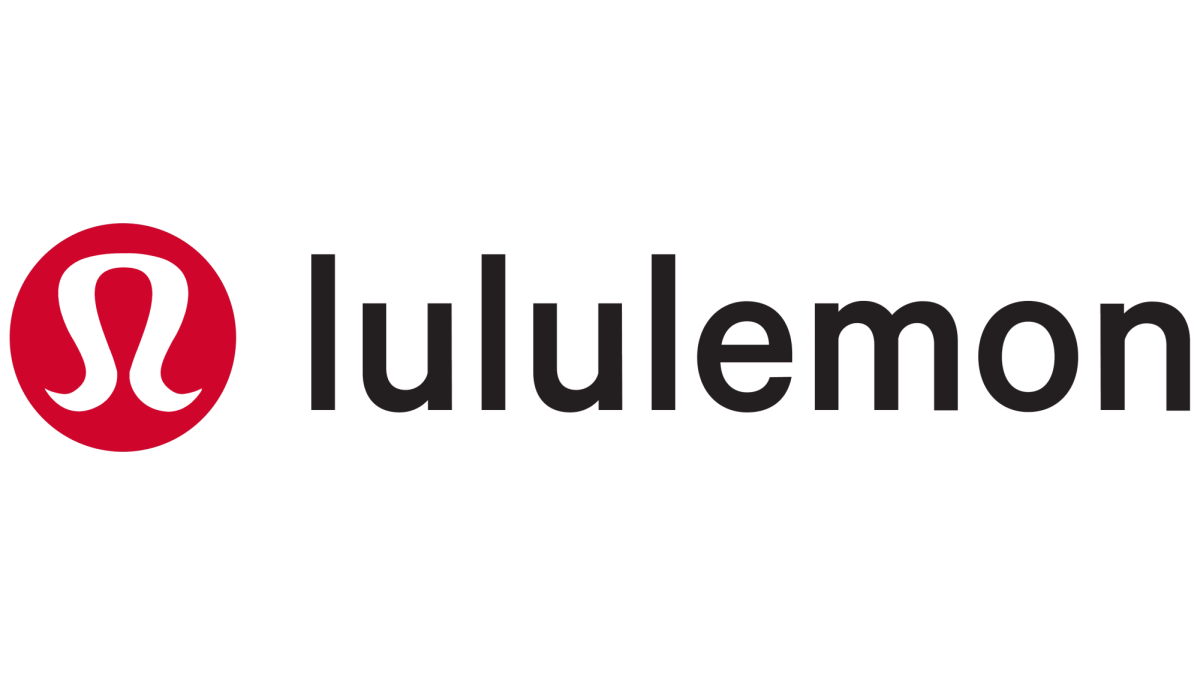Two friends arrive in English class and participate in an exercise to help them construct a personal statement essay. They prepare a list of three adjectives to describe each of their peers. Students collect their lists of describing words and reflect on them. Several students are shocked and embarrassed, as they have no clue how others perceive them! Could this possibly be the first time they ever reflected on their behavior?
Deceiving ourselves is one of the most detrimental things we can do. By convincing ourselves that lying, exaggerating, gossiping, and competitiveness, are acceptable in degrees, we are living under a veil of deception. People use a moral standard when judging others, but do not apply the same standard to themselves. Honest self-reflection is one of the only ways I know to remove our veil of deception. Self-reflection allows us to see our actions objectively so we can hold ourselves responsible for inappropriate or harmful behaviors and not be shocked when our peers write a less-than-positive list of adjectives describing us.
How you present yourself to others is different from how you perceive yourself. For example, students who control every meeting and classroom group are labeled as manipulative and controlling. Yet, all the while they envision themselves as leaders! A shy person who doesn’t pull their weight in a group project is considered lazy, and a person with an inflated ego, who overpowers every classroom discussion, is often viewed as overly confident. Deception doesn’t just apply to obvious behaviors. Self-deception is evident in the smallest of things we do every day. Are you perpetually late but tell yourself that it doesn’t matter because it’s only a few minutes? Do you procrastinate until the final hour to get your assignments done, but justify it because you made the deadline by minutes? These are all forms of self-deception. While you may not see their implications, others do! The only way to truly know how others see you is to honestly see yourself!
It would be nice to think everyone learned their lessons because of consequences from past experiences, but we know this isn’t true. Lying is a perfect example. Lying is a mechanism for avoiding the truth. When one lies, they postpone any consequence resulting from the lie but, they are only deceiving themselves. Gossiping may feel good to those who do it at the moment, but in most instances, gossiping produces a harmful consequence. Despite this, people ignore the consequences of their behavior and continue to deceive themselves. On the other hand, many people are forced to forever change their behaviors because of a consequence. Someone suspended at school for cheating or plagiarism will probably not repeat the behavior because the deception has been exposed and resulted in embarrassment and unforgettable, painful, and negative consequences! This begs the question: does the severity of the consequence impact our willingness to change? What do you think?
Thinking back to the students shocked by the unexpected adjectives generated by their peers; after the shock wore off, they may have spent time questioning why others see them in such a shockingly separate way than they see themselves. This is the first step in self-reflection. Perhaps if they consider their behavior over time and study the behavior of others this might inspire a willingness to change. People deceive themselves to excuse the impacts of their actions. Self-deception does not change the reality of one’s actions toward others. When we deceive ourselves, we create an illusion that is only believed by the self. The only way to see yourself in a realistic light is to reflect on the past consequences of your behavior and to realistically evaluate how others perceive you.
